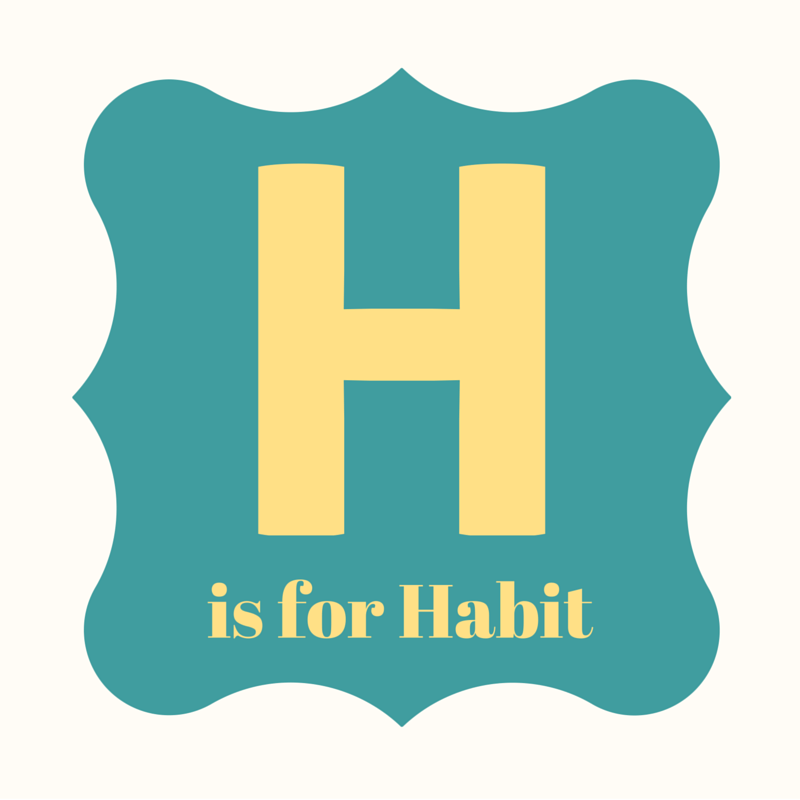When something is a habit, you don’t think about it. You don’t have a conversation with yourself about whether or not to do it each day. It’s routine, nearly automatic. The next right thing. Once you left the drama of, “Will I write? When will I write? How much will I write? How will I know I’ve finished?” off of your writing practice, you can move all that drama right into the stories themselves. You sit down to write. You know when and there’s no daily debate. You know what tools you use (notebook or laptop or whatever) and you know where they are. You may know where you’ll begin–a sentence you left half finished the last time you wrote or a topic or scene you settled on before you got up from that last writing session or before you fell asleep the night before. You know the end of the writing session, the minimum word count or time you must log before you move on. And then you just do it. Some days, you’re inspired–and you may include in your writing habit reading a poem (or making a cup of coffee, or opening the back door and looking at the color of the sky). Some days, it may be a slog. That’s okay. You don’t skip brushing your teeth every time you neglect to locate your passion for doing so. Unlike teeth brushing, you’re likely in writing to stumble upon inspiration by beginning without it. It will scramble to catch up–don’t expect it to lead the expedition every time. And like brushing teeth, there are benefits to the daily habit even if you trudge through the whole thing without one spark of clear insight or thrill. There’s a quiet thrill in repeated self-care, the maintenance of a practice, making your life’s passion into a rock solid habit, day after day. You are not A Writer, nor yet someone who wished you wrote, nor someone who intends. You write. Each day, at this time, in this way, you write. It’s so simple and unpretentious and joyful–you’ll be amazed.
A Practical Alphabet for Writers: Find all the letters so far at https://bookwritingworld.com/blogs/

